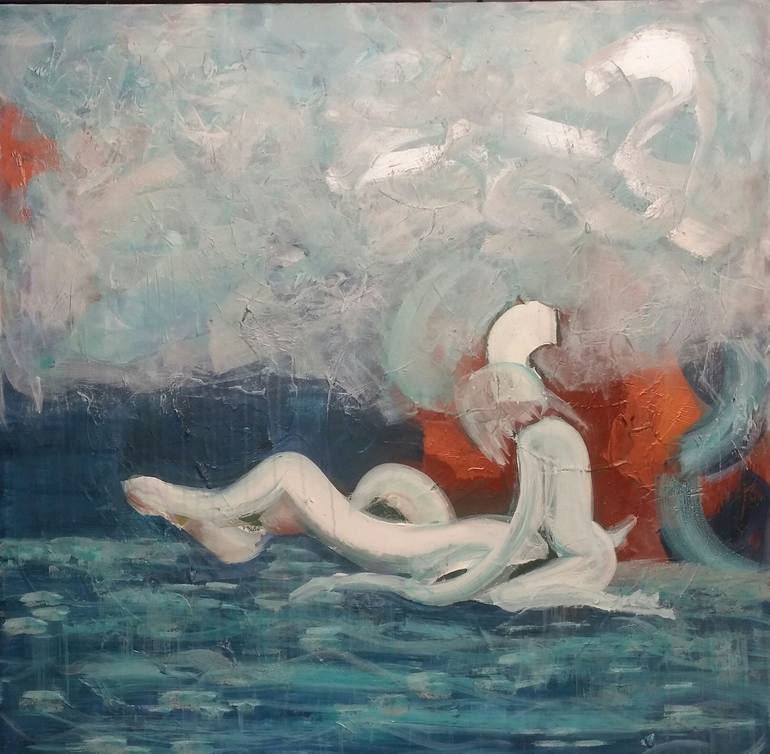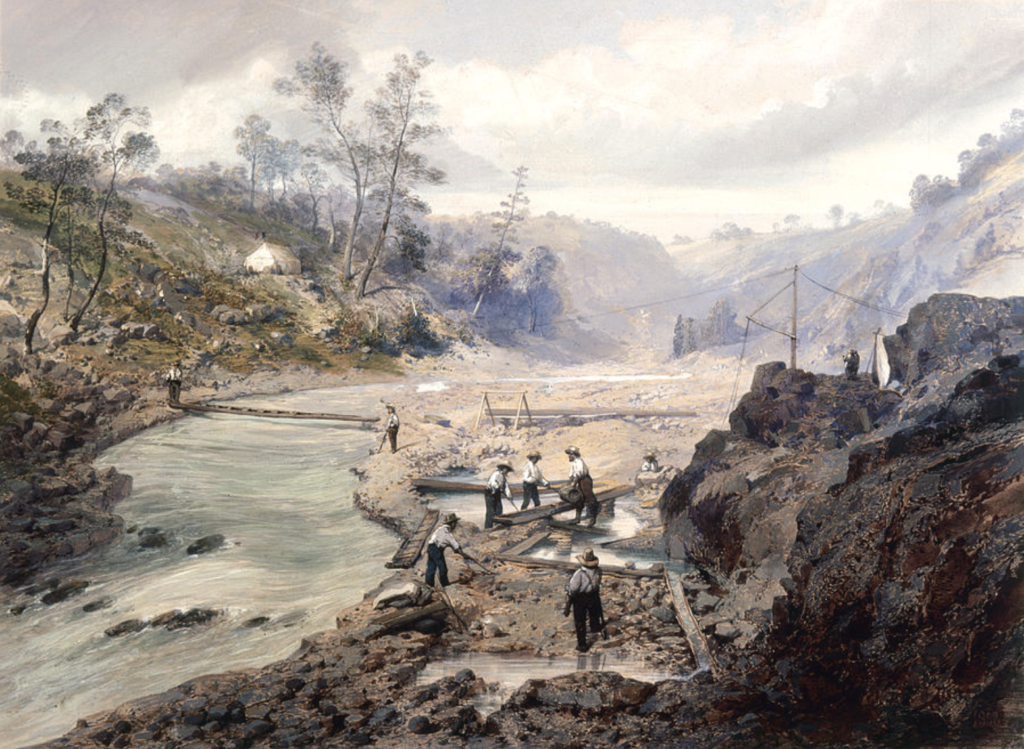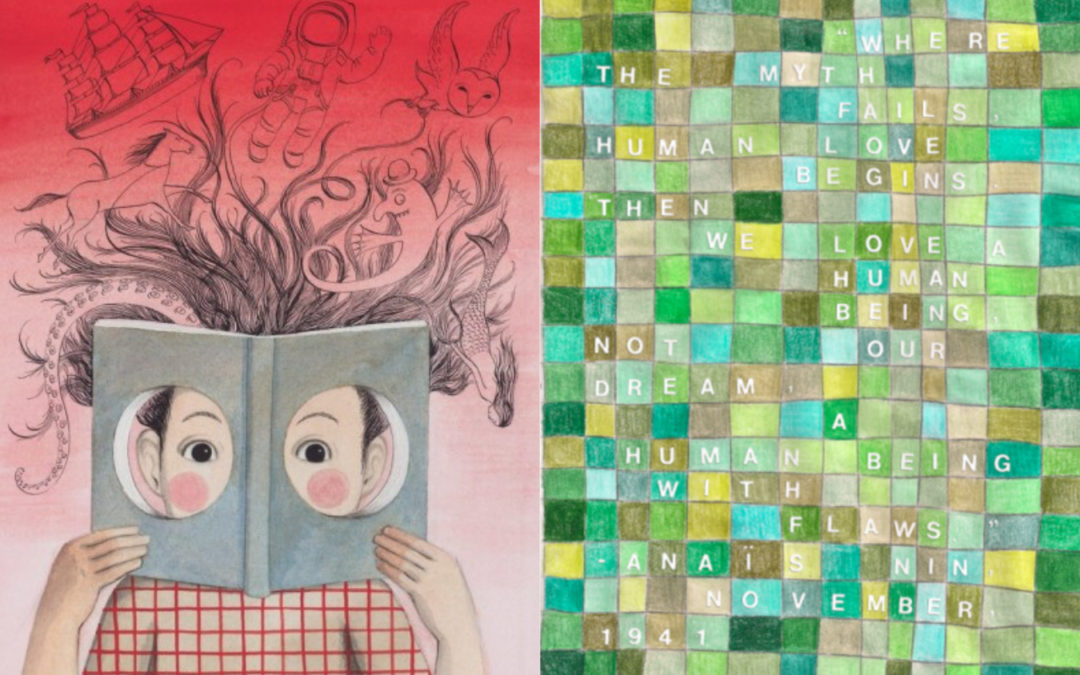Our Inputs Drive Our Outputs
When I first read Stephen King’s On Writing, I was surprised to learn that he only writes in the morning, eats lunch, then spends all afternoon reading. A serious writer, I imagined, would spend most of their day writing, only stopping for sleep or food. But Stephen King realised that when he was exposed to other books and ideas, his own writing got better as well. His writing improved because of his reading, not despite of it. His inputs determined his outputs.
It makes sense in other domains, doesn’t it? Hard exercise grows muscles; deep conversations drive insights; quality sleep promotes rejuvenation. The stimulus drives the results. But for whatever reason, the idea of reading as an equally necessary input for thinking and writing seems a bit odd. Maybe that’s the product of a society that rarely reads.
Yet in my experience, the lesson holds true. Whenever I’m in writers block, a useful antidote is to stop writing altogether and just read until something interesting appears. The new input usually leads my subconscious towards some output which I can then work with. This is ultimately why I read and journal and take notes – to capture ideas to build upon later.
I like what the writer Ted Gioia said on the Conversations with Tyler podcast:
“I think the most important skill anyone can develop is time management skills. How you use your day. But there is one principle I want to stress because this is very important to me. When people ask me for advice — and once again, this cuts across all fields — but this is the advice I give:
In your life, you will be evaluated on your output. Your boss will evaluate you on your output. If you’re a writer like me, the audience will evaluate you on your output.
But your input is just as important. If you don’t have good input, you cannot maintain good output.
The problem is no one manages your input. The boss never cares about your input. The boss doesn’t care about what books you read. Your boss doesn’t ask you what newspapers you read. The boss doesn’t ask you what movies you saw or what TV shows or what ideas you consume.
But I know for a fact I could not do what I do if I was not zealous in managing high-quality inputs into my mind every day of my life. That’s why I spend maybe two hours a day writing. I’m a writer. I spend two hours a day writing, but I spend three to four hours a day reading and two to three hours a day listening to music.
People think that that’s creating a problem in my schedule, but in fact, I say, “No, no, this is the reason why I’m able to do this. Because I have constant good-quality input.” That is the only reason why I can maintain the output.”
While googling around, I came across this blog post I wrote on this topic from over three years ago! I forgot this existed and the writing is almost unrecognisable. Fun throwback.



